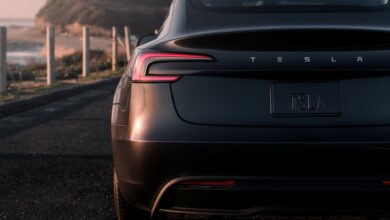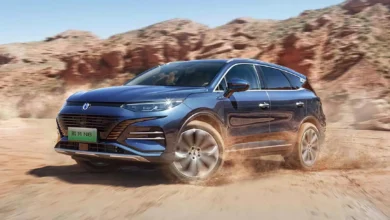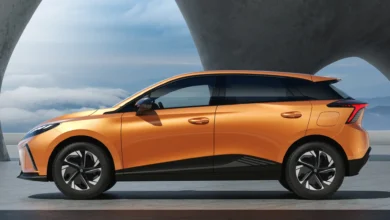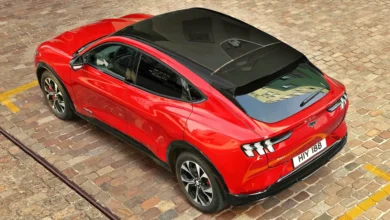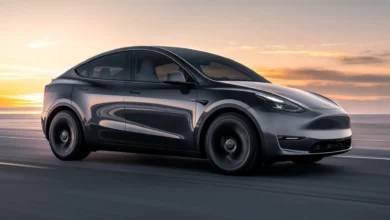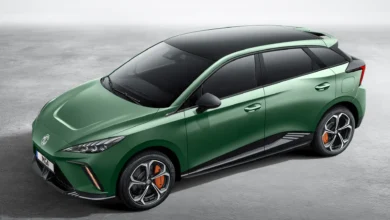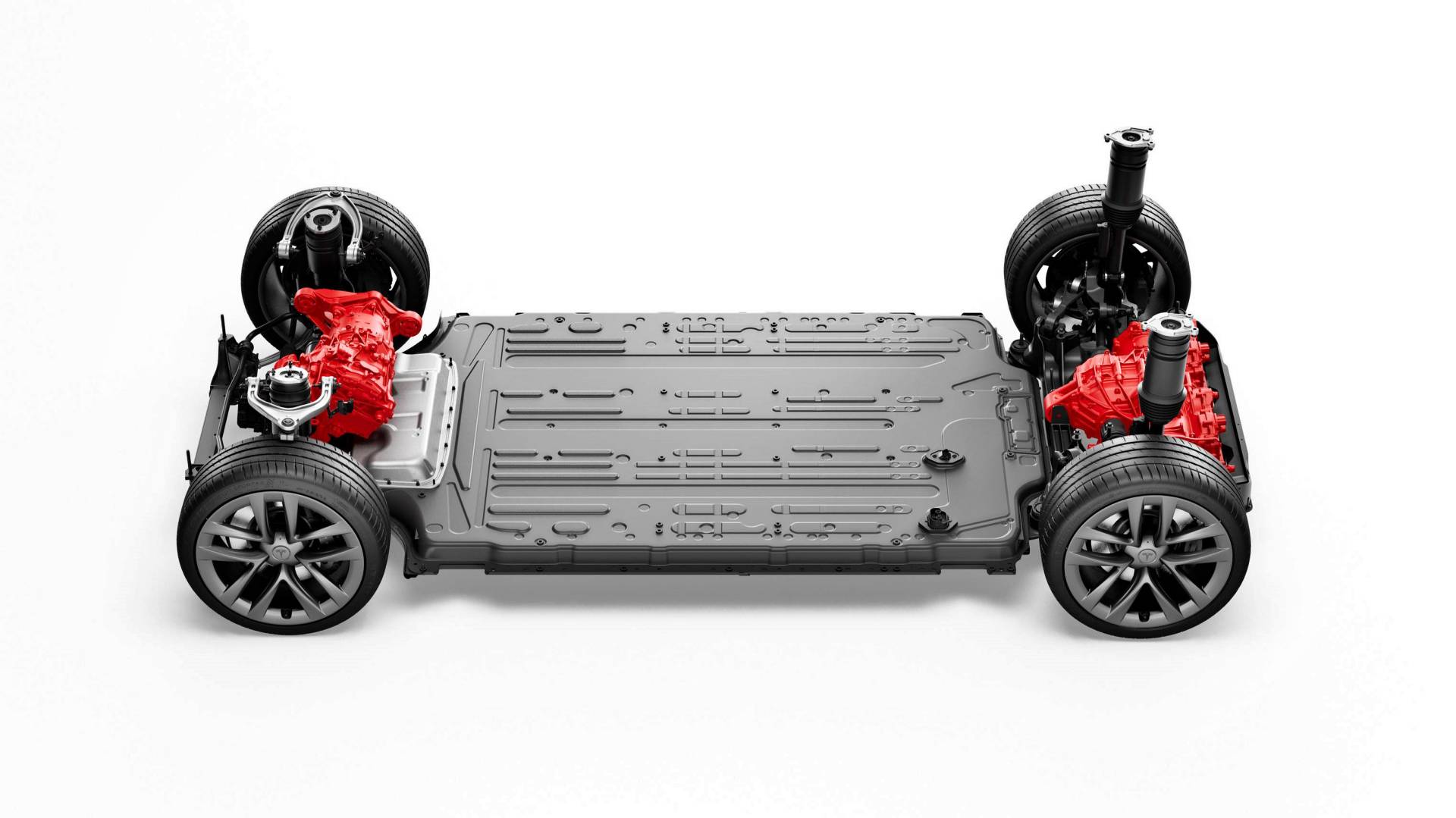
The Senate has already approved the Inflation Reduction Act, which now has to pass through Congress. This legislation, among other things, regulates the tax credits that would be given to buyers of electric cars in the United States, both used and new, to reduce the purchase price. To begin with, it is a measure with strong protectionist overtones.
Today the dependence on China is almost total for the production of batteries, from obtaining the minerals, their processing, and production of cells and modules. As we already told you, China dominates a large part of the supply chain of these materials, so it is very difficult to make an electric car without having to go through any Chinese company.
US lawmakers want the country to become increasingly self-sufficient and eliminate that dependence on one of its main geopolitical rivals. As the rule is when it comes out of the Senate, manufacturers have requirements to source materials and batteries within North America, that is, both the United States and its neighbors to the north and south, Canada and Mexico.
The requirements are very difficult to meet for vehicles currently for sale. According to the Automotive Innovation Alliance, of 72 electric vehicles (PHEV, BEV, and FCEV) available in the country, 50 will be left out of federal credits or will see the amount reduced by half. As the dates harden, the aid could come to exist only on paper.
The goal of the rule is that electric vehicles are manufactured in North America, that the necessary minerals are obtained locally, and that the batteries are also manufactured in the subcontinent; without dependence on China. The Asian country is not explicitly mentioned, but reference is made to “worrying foreign entities”.

And it is that we must admit an uncomfortable truth in the rise of electromobility, several of its pillars are based in countries where respect for human rights or the environment are light years away from being a concern. Manufacturers try to minimize these risks through certified supply chains, and contracts… but it is a somewhat naïve way of holding their nose. And customers do too.
Globalization is taking steps backward and it is no longer just business as usual. The motor industry in North America and Europe is taking steps toward self-sufficiency, relocating the production of battery cells and modules, and even preparing to exploit mineral resources. Foreign suppliers have suffered critical supply disruptions.
The position of the United States, in this sense, is not reprehensible: they want that value chain to be close and have a greater impact on their economy. What’s more, the legislation is an incentive for companies like Redwood Materials, which deal with converting old batteries into materials for new batteries without differences in quality. Or what is the same, the circular economy is encouraged.
The good thing about the Inflation Reduction Act is that it will eliminate the unit cap so that the manufacturers that have sold the most units can once again opt for aid (or rather, their customers). Cars up to $55,000 and pick-ups and SUVs up to $80,000 will be eligible, for individuals with incomes below $150,000 or couples who earn less than $300,000.
